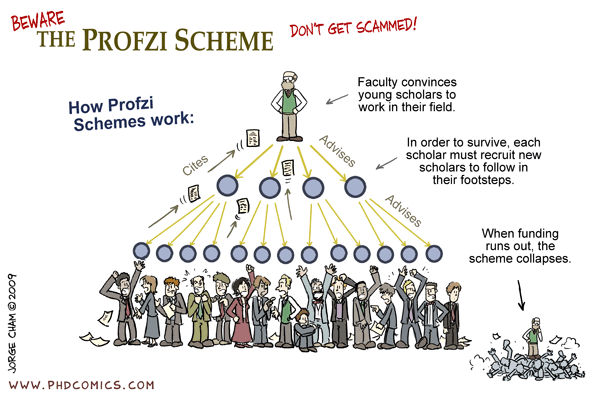I don't think it is possible or constructive to avoid lab work in your field at PhD level.
The point of a PhD is to train you as an independent researcher, and therefore you need to be familiar with all stages of the research process, including data collection. There are plenty of fields for which data collection does not involve lab work, but unfortunately for you, cell and molecular biology are not among them.
Going through the process of lab work is not just important in terms of getting the data, it informs the rest of your work. I don't believe you will design an experiment as effectively if you are not familiar with exactly how long the different processes will take, where the challenges lie, where errors might creep in, and so on. Likewise, you are better able to interpret the data if you understand how it was collected. This stuff can be learnt to some extent by reading/talking to people/being given a demo, but by far the best way is to do it yourself.
"Paying your dues" may be a part of it - certainly, someone needs to do the legwork! - but I would encourage you not to look at it that way. At this stage in your career, it is highly valuable to you to gain an overview of the research process, even if later on (and you might not have to wait until you are a PI) you specialise in a particular phase of research.
EDIT: Others have pointed out fields, such as bioinformatics, in which it is possible to avoid lab work. Perhaps I was considering "cell and molecular biology" too narrowly. Nonetheless, bioinformatics still ultimately relies on data, and so I still believe that gaining experience of how that data is gathered is highly valuable.

